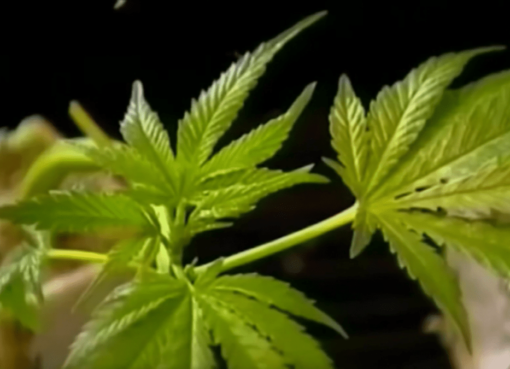Study: Cannabis Extract Eliminates Melanoma Cells

- A cannabis extract known as cannabinoid PHEC-66 has shown promise in slowing down the growth of melanoma cells and increasing cell death rates, according to a study conducted by researchers from Charles Darwin University and RMIT.
- The research found that the extract binds to receptor sites on melanoma cells, controlling their growth and causing damage which leads to the cells undergoing apoptosis or programmed cell death. The next challenge identified by the researchers is to develop targeted delivery systems for this extract to get it ready for pre-clinical trials.
- While cannabis extracts have been stigmatized for their use in treating various health conditions, future research into their application could revolutionize cancer treatment. It is also highlighted that it is essential to test the safety profile of the extract before its widespread adoption, and to ensure long-term follow-up for its sustained effectiveness and safety in cancer treatment.
A Cannabis Extract Slows Melanoma Cell Growth: Study
A recent in-vitro study shows a cannabis extract (cannabinoid PHEC-66) can slow the growth and increase the death rate of melanoma cells. The investigation was a collaboration between researchers from Charles Darwin University (CDU) and RMIT.
The extract, sourced from the cannabis sativa plant, binds to specific melanoma cells, controlling their growth and increasing cell damage. Dr Nazim Nassar, CDU pharmaceutical lecturer and co-author, explains that the damage prompts the cell to self-terminate.
“The melanoma cell is prevented from dividing into new cells, triggering a programmed cell death or apoptosis,” Dr Nassar said. “Understanding cannabis extracts, especially their potential as anticancer agents, allows us to refine treatment techniques to be more effective.”
The next task is developing a targeted delivery system for pre-clinical trials. “Advanced delivery systems need to be developed, emphasising the need for continued efforts for the proper and effective use of these agents,” Dr Nassar added.
Dr Nassar’s expertise spans cancer cell biology, pharmacology, drug delivery systems, and drug disposition and dynamics. He has co-authored papers on applying cannabinoids in melanoma treatment, the therapeutic potential of cannabinoids in prostate cancer and an overview of current melanoma treatments.
Despite stigma surrounding cannabis extracts used to treat health conditions, Dr Nassar believes that further research could revolutionise cancer treatment.
RMIT biotechnologist Professor Nitin Mantri, the study’s lead author, emphasised the need for long-term follow-up to ensure the sustained effectiveness and safety of the PHEC-66 extract in cancer treatment.
“Animal studies or pre-clinical trials are the next stage to validate and further explore the efficacy of cannabinoid PHEC-66 in treating melanoma,” said Professor Mantri. He also underscored the importance of partnership with pharmaceutical companies for the development and application of cannabis extracts in cancer treatment.
The study was published in the Cells journal.
—
Read More Cannabis News



Leave a Comment